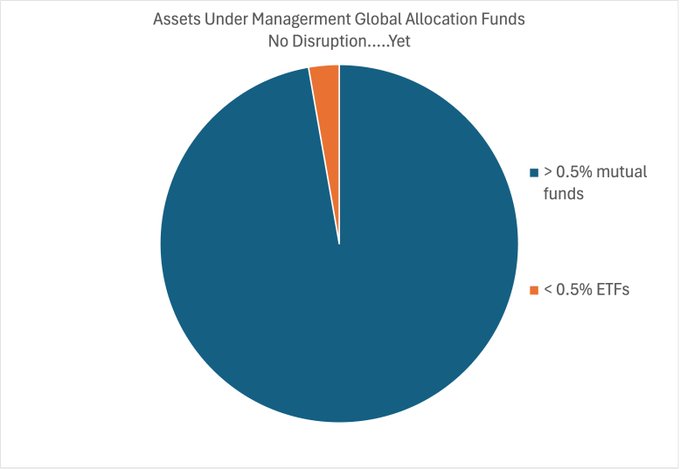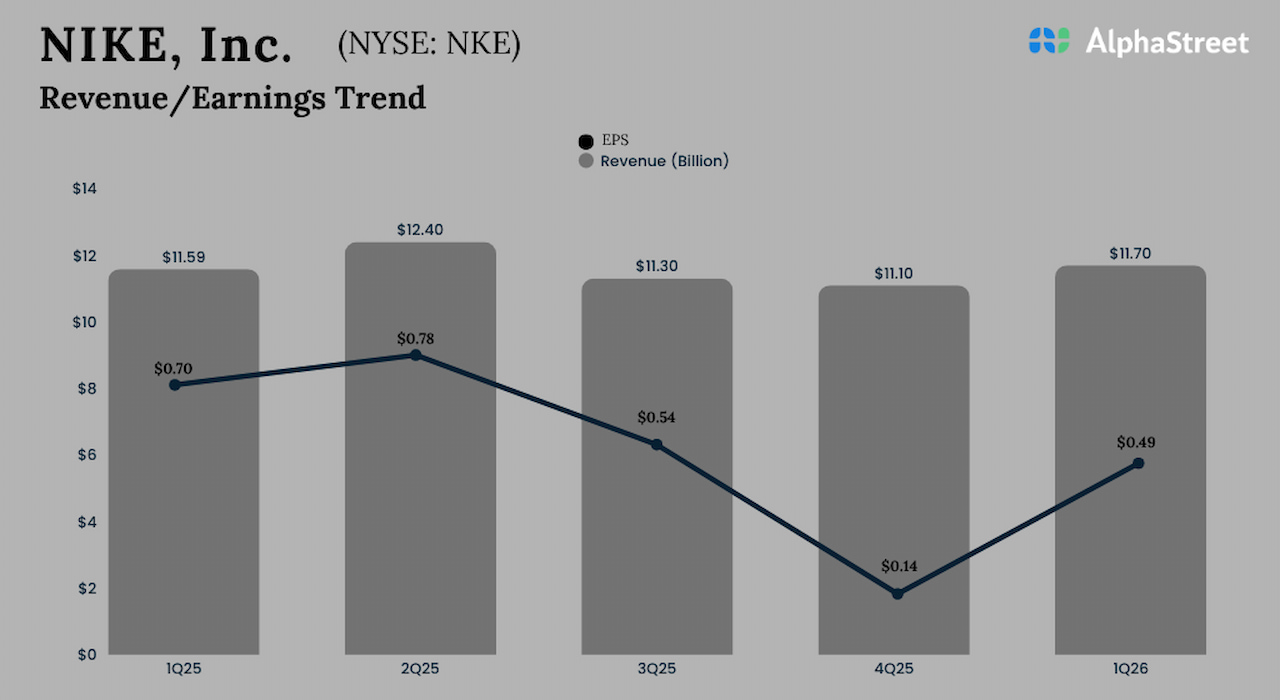“Despite sympathising with the position in which the petitioners find themselves, I am unable to grant the relief sought in this petition. The petition, along with the pending application, is therefore dismissed, but without any orders as to costs,” the court said in its order dated November 30.
The court recorded that the PMC Bank was first restrained in 2019 from releasing an amount in excess of Rs 1,000 from the total balance in each savings account or current account or deposit account and this amount was subsequently raised to Rs 40,000 in view of the bank’s financial position being substantially impaired due to fraud perpetrated on it by certain persons.
The last of the circulars under challenge, the court added, permitted withdrawal of Rs 50,000.
The petitioners, who collectively held fixed deposits of over Rs 90 lakh in the Punjab and Maharashtra Co-operative Bank Limited (PMC Bank), argued that the actions of the RBI were arbitrary and left innocent depositors, including senior citizens, without access to their own savings.
The petitioners also alleged discrimination by authorities on grounds that while another struggling bank, Yes Bank, was protected by the timely implementation of reconstruction schemes with the active intervention of the Union of India and the RBI, no such intervention happened in “good time” in case of the PMC Bank.
The court observed that the original directives were issued in an “emergent situation” and restrictions placed upon the depositors were severe but the limits were subsequently updated if RBI found that it was possible to do so and as per the last of the circulars, which permits withdrawal of Rs 50,000, more than 78 per cent of the bank depositors would be able to withdraw their entire balance.
“The exercise of such administrative agility with the objective of reducing hardship to the depositors cannot be criticised on the ground that it betrays non-application of mind. In fact, a reading of the directives dated 26.09.2019, 03.10.2019, 14.10.2019 and 05.11.2019 shows that the liquidity position of PMC Bank was being reviewed, and consequent enhancements were being offered to the depositors. The last of the circulars (05.11.2019) also notes that by virtue of the relaxation, more than 78 per cent of the bank depositors would be able to withdraw their entire balance,” the court said.
The court further observed that during the pendency of the petition, a scheme was approved with regard to the PMC Bank as well, which the petitioner criticised, but examining it was beyond the scope of the present proceedings.
The court said it was “unpersuaded” by the submission that the Centre and the RBI were obliged to participate in the restructuring scheme for the PMC Bank in line with the scheme in the case of Yes Bank.
“He (the petitioner) compared the terms of the reconstruction schemes in the two cases to submit that PMC Bank depositors were being unfairly treated. I am unable to proceed on this basis. The reasonableness of the reconstruction scheme is not the subject matter of this writ petition. I am called upon in this case only to examine whether the RBI has been able to explain the distinction between the two cases, and the effect of that distinction upon the potential for reconstruction of each of the banks. To this extent, I am satisfied that it has been able to do so,” the court said.
The court also noted that the Bombay High Court has held in a case that the materials placed before the RBI were sufficient to justify the action with respect to imposition of restrictions on withdrawal taken in case of the PMC Bank and that view has been upheld by the Supreme Court.






































